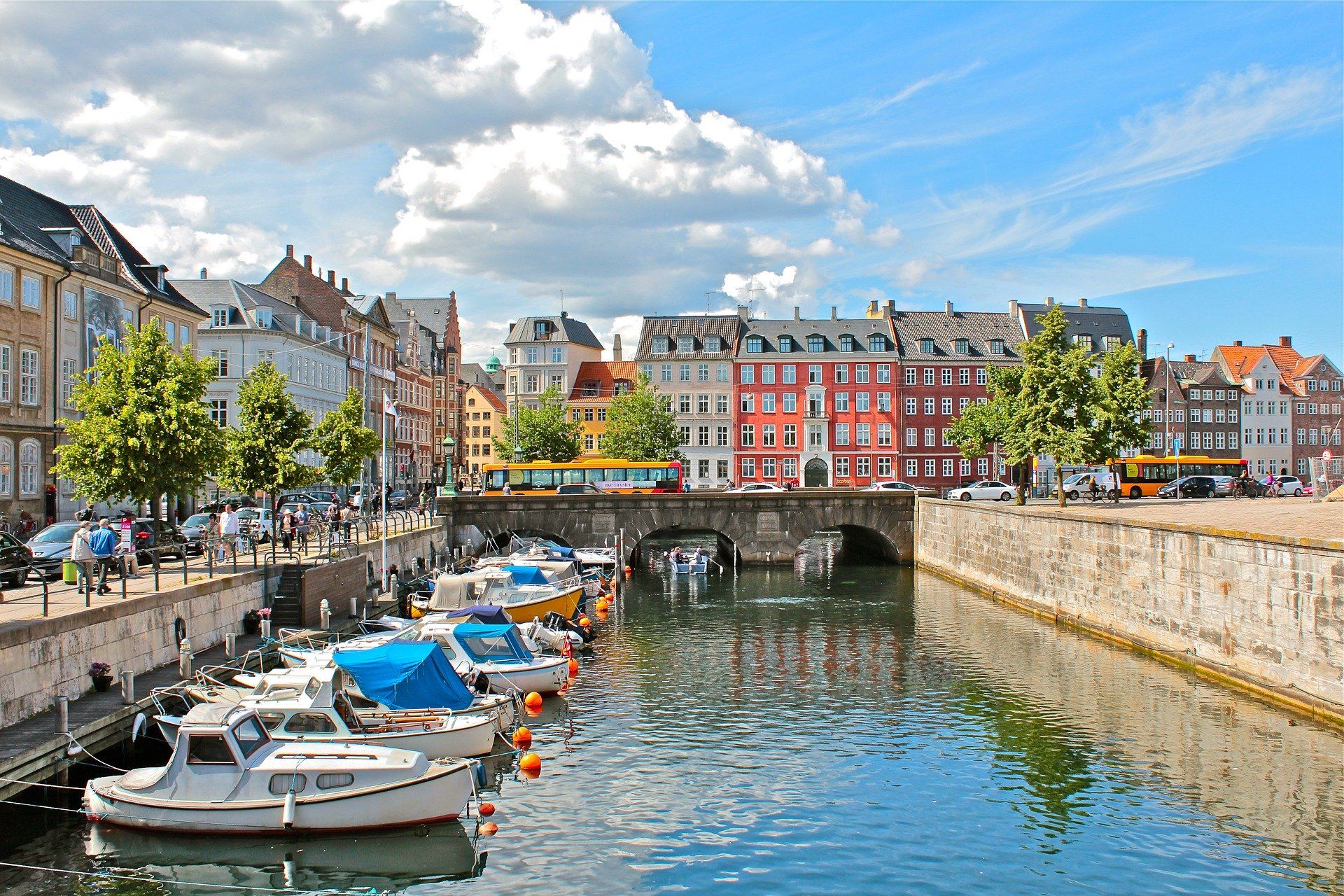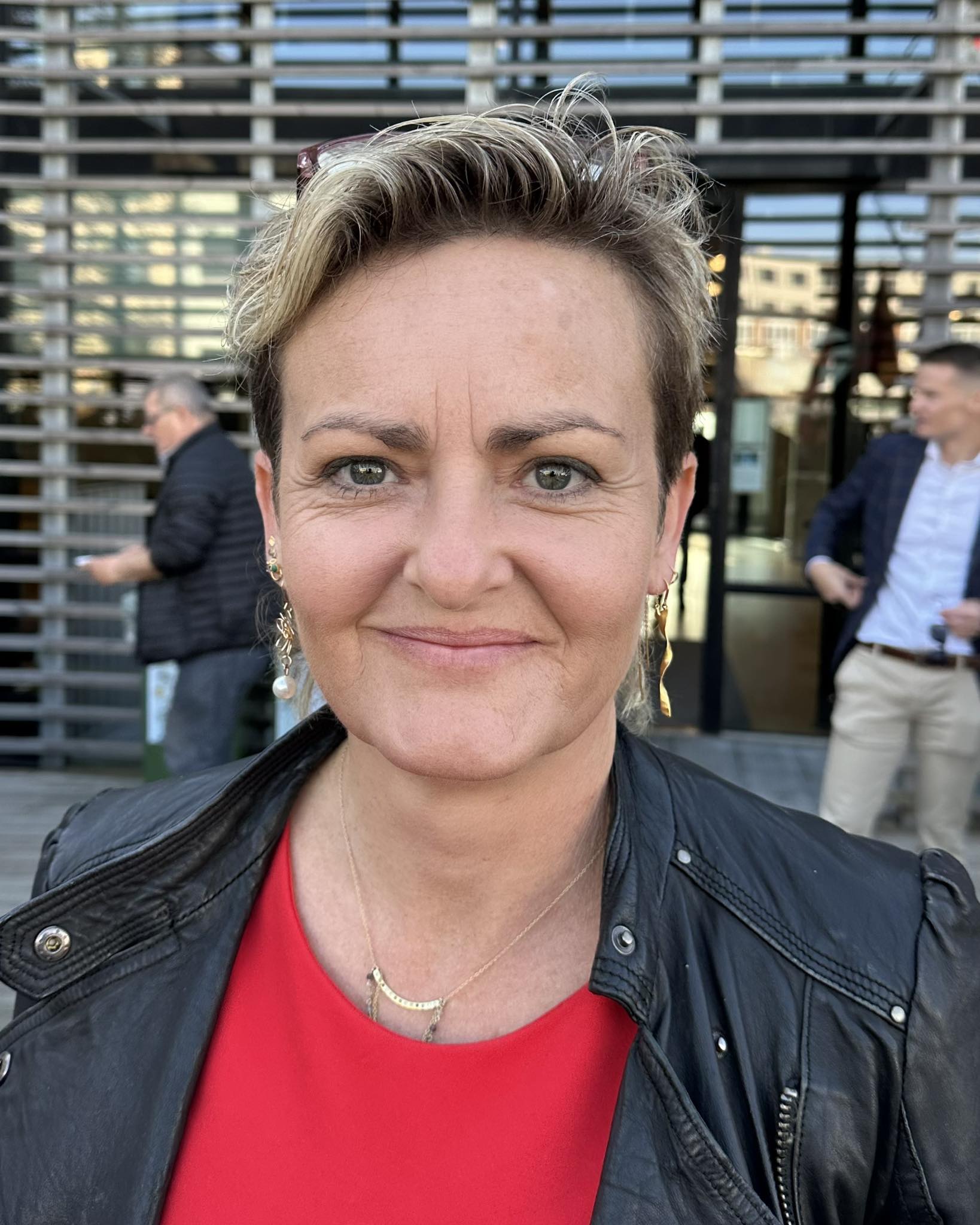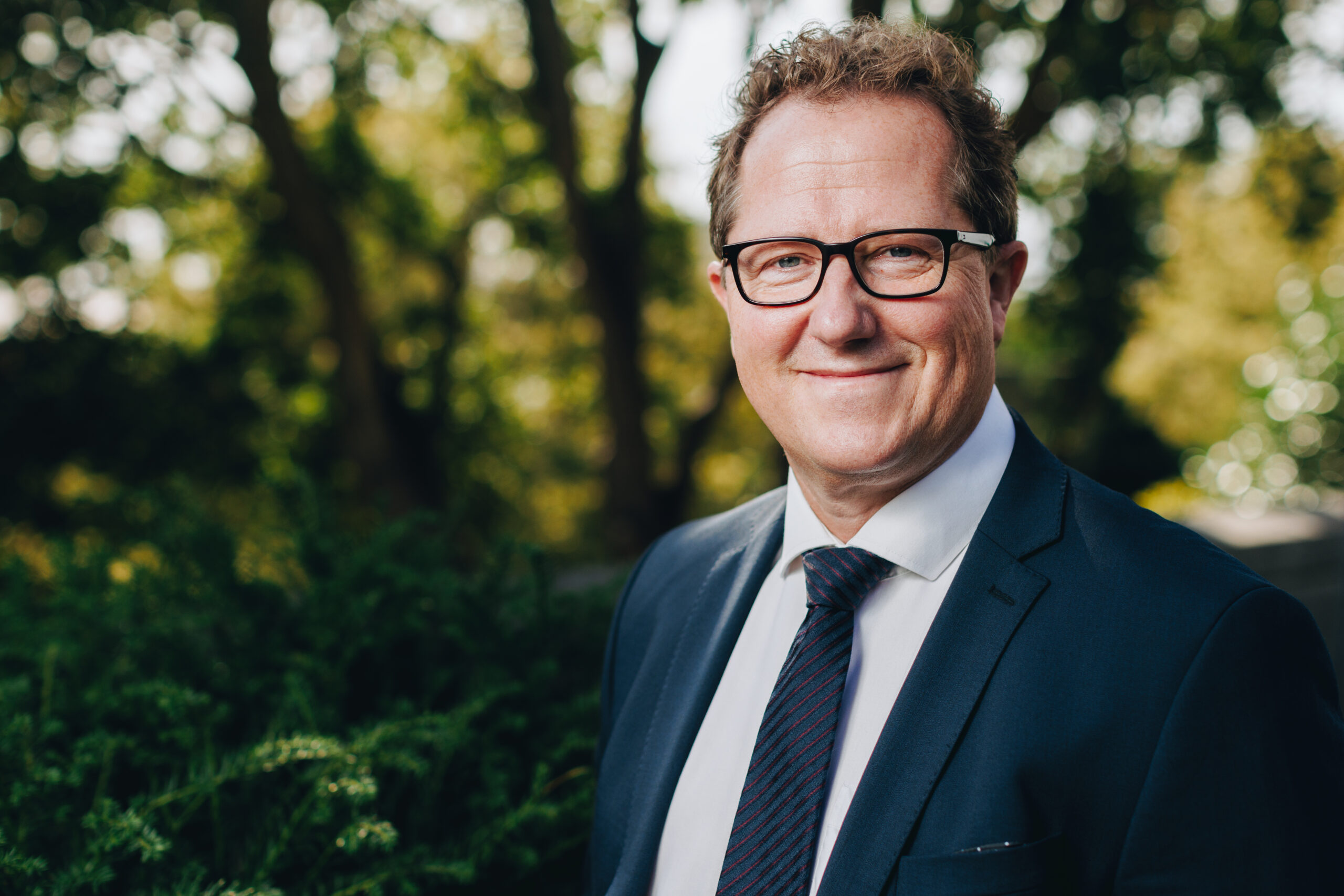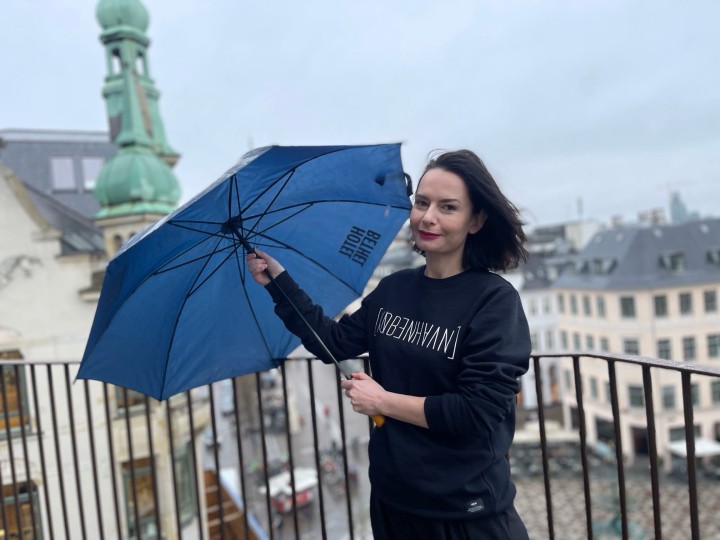Three men have been acquitted of all charges in relation to the burning of an effigy made up to look like PM Mette Frederiksen early last year.
All three admitted to participating in a January 2021 demonstration in central Copenhagen protesting against the government’s measures to deal with the coronavirus, but denied setting the effigy on fire.
Wording of threat crucial
The men, all aged 30 with no previous criminal convictions, stood accused of threatening the prime minister by hanging up an effigy with her face on it and a sign hung around the neck saying: “Should and must be sacrificed”. It was subsequently set on fire.
Prosecutors argued that if a statement made at a demonstration is manifestly and unequivocally a threat, it is punishable.
But the defence countered that if a statement is made in an ambiguous manner, freedom of expression and assembly considerations must be taken into account in the assessment.
Possible life sentence!
The defendants initially faced charges relating to the rarely used Article 113, which deals with threatening the security of Parliament or attempting to threaten or obstruct members of Parliament from freely exercising their duty.
Had those charges resulted in a conviction, they could have faced up to 16 years’ imprisonment or, in particularly aggravating circumstances, life imprisonment.
In the end the men were charged under the somewhat softer Article 119, which deals with violence against public officials.
Prosecution sought four months
The prosecutors argued in court that the three men should be sentenced to four months of imprisonment, but all three were unanimously acquitted at Frederiksberg Court.
It is now known whether the state will appeal against the verdict.















